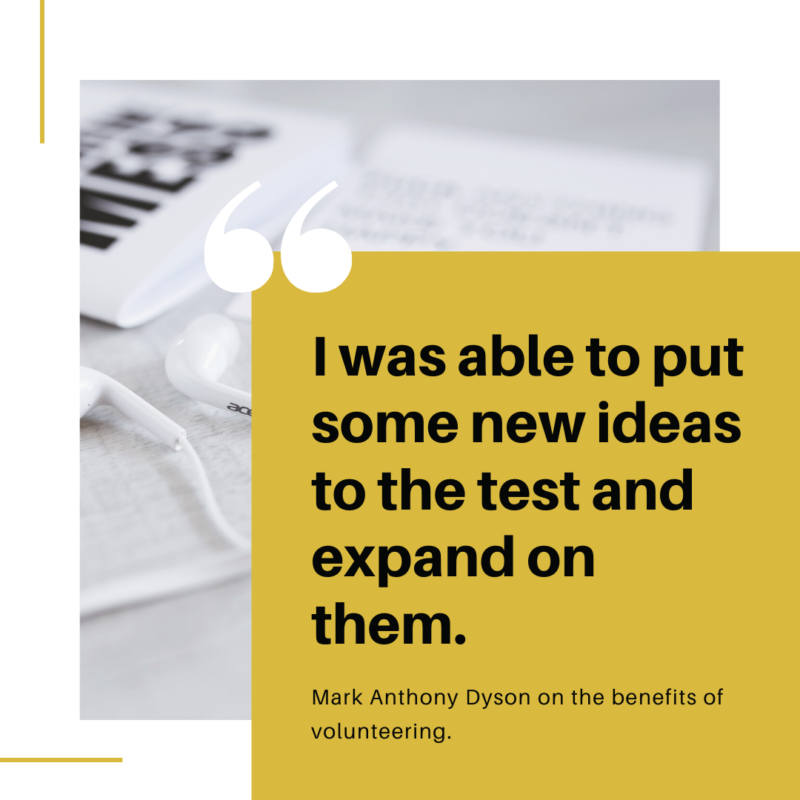Focus On Offering An Employer Value To Avoid Seeming Desperate by Mark Anthony Dyson
No one likes a desperate job seeker. You may have seen these kinds of statements in your timeline or phrases mentioned by friends: “Please? I need a job! I’ll do anything!” “I’ve tried everything.” Listen, I get it: Your company announced layoffs last week. Your position is being eliminated. Or you’ve made “too many little errors” lately.
But the thing is, employers don’t like this kind of desperation. They go out of their way to avoid it, and companies construct many filters to ensure they get the most qualified candidates. Employers don’t want to hire unemployed workers, and one thing’s for sure: they don’t like being inundated with desperate pleas or requests.
Read the rest of my article at The Financial Diet.

